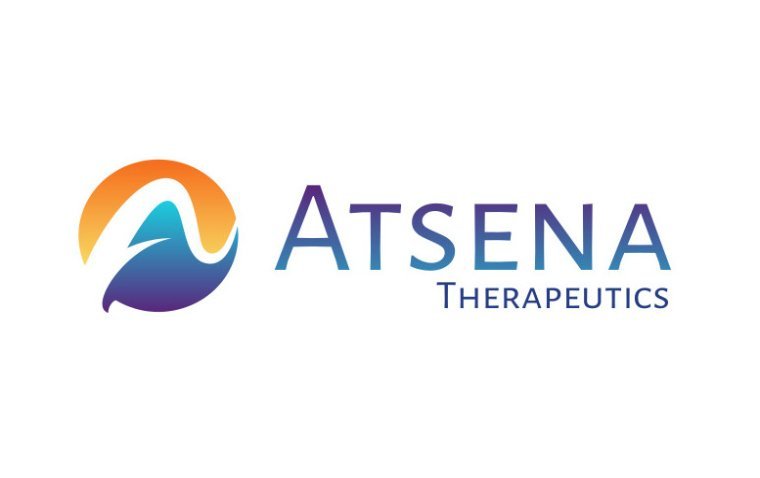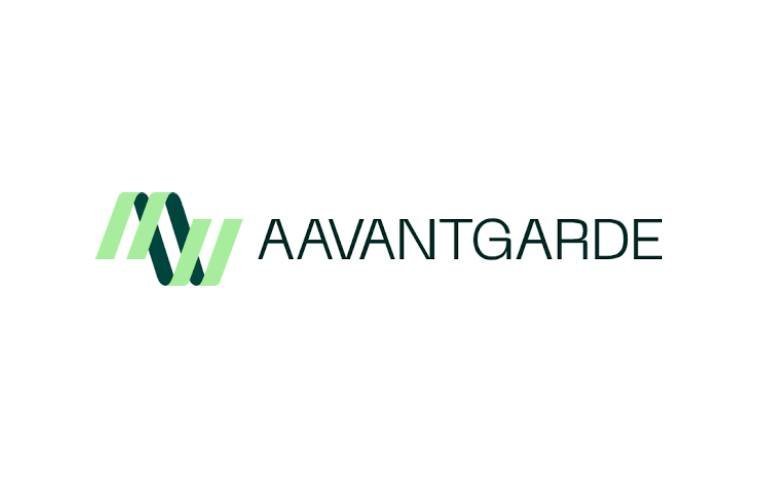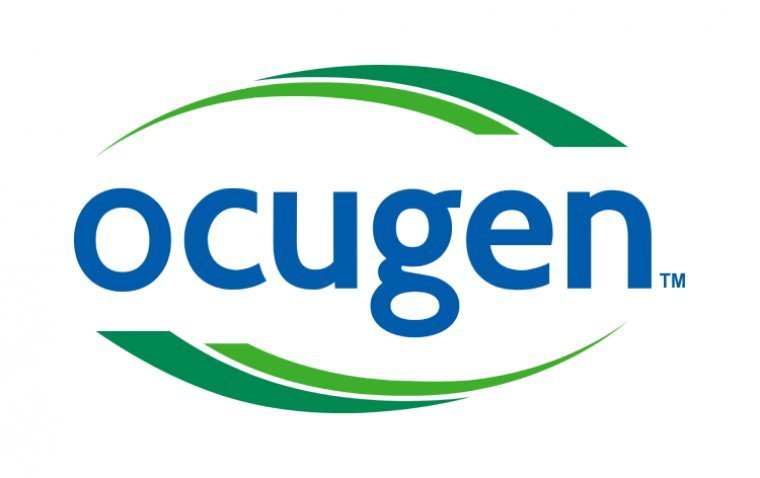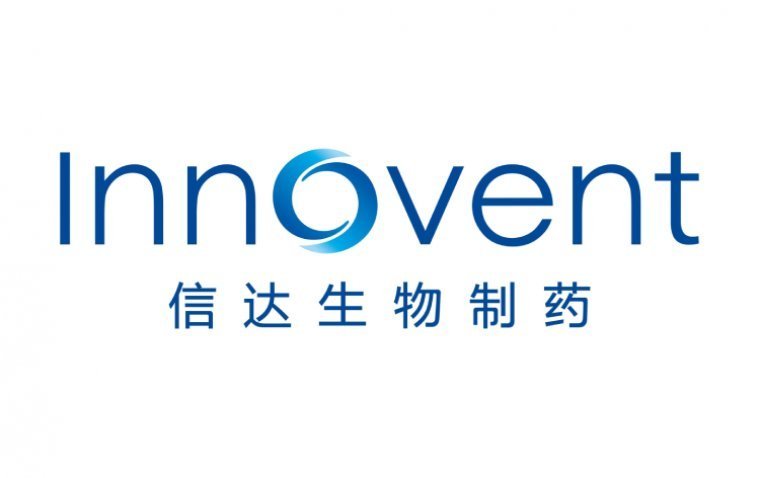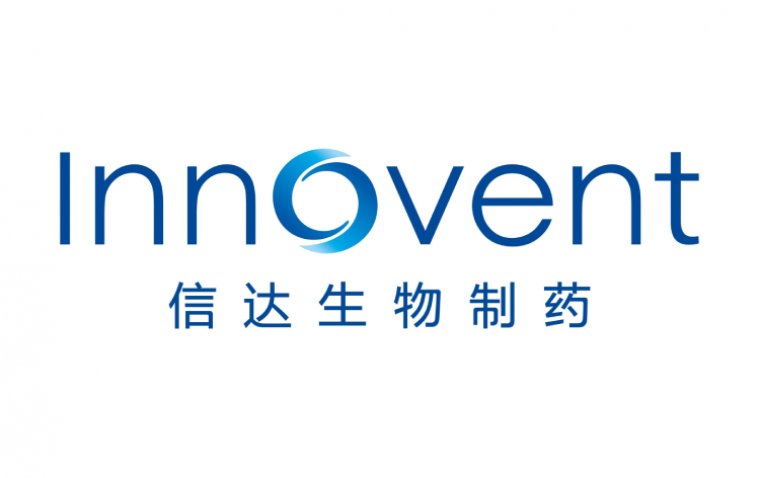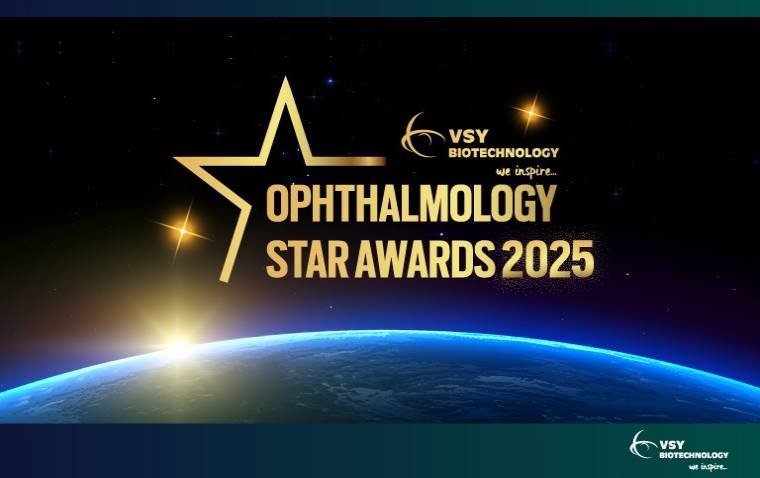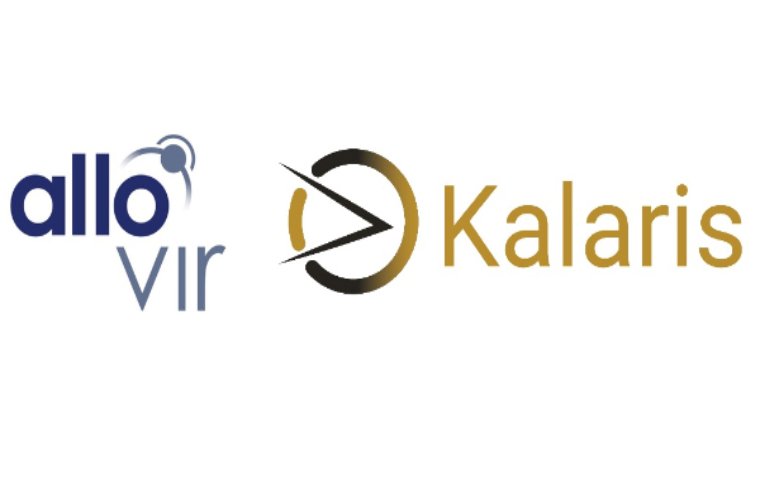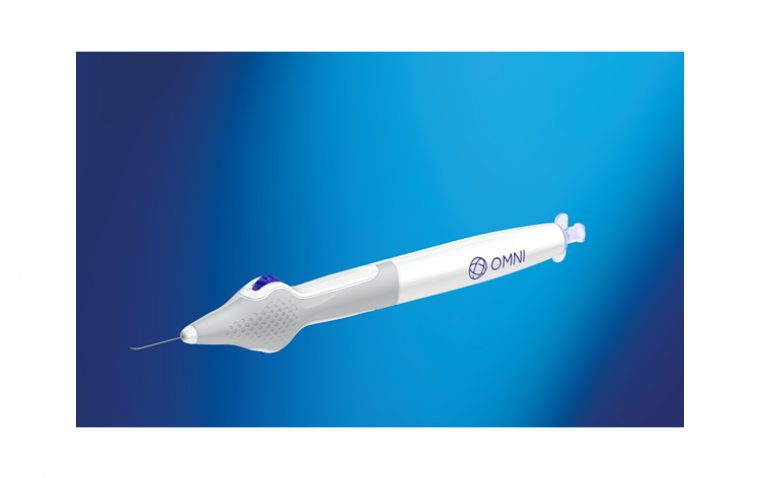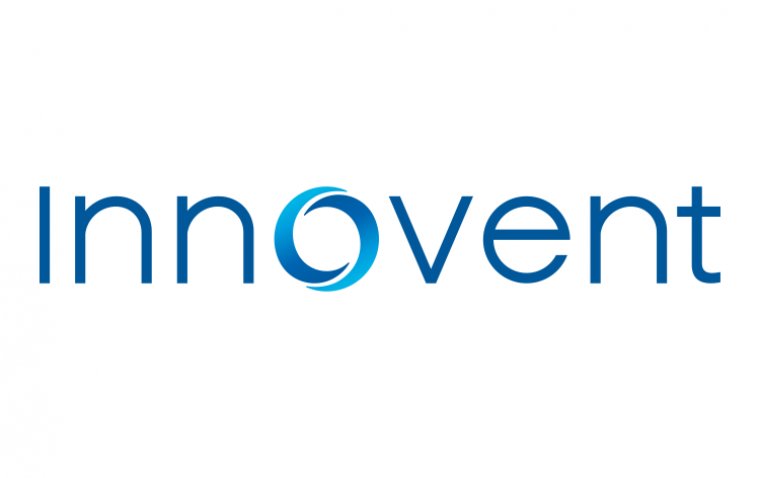
Innovent’s Anti-VEGF Drug Achieves Primary Endpoint in Phase 2 Trial for nAMD Treatment
Innovent Biologics announced that its second Phase 2 clinical trial of efdamrofusp alfa (R&D code: IBI302), a high-dose recombinant human VEGFR-Fc-Human CR1 fusion protein injection, has achieved its primary endpoint in treating Chinese subjects with neovascular age-related macular degeneration (nAMD).
Comparing IBI302 with Aflibercept
The trial outcomes, based on studies with over 360 nAMD subjects, indicate that IBI302, compared to Aflibercept, can be administered at longer intervals (every 12 weeks) while providing stable and robust visual and anatomical improvements and potentially inhibiting macular atrophy. These results have propelled Innovent to initiate a Phase 3 clinical study named STAR for IBI302 8mg in October 2023.
Detailed Results from the Phase 2 Trial
This double-masked, randomized, active-controlled Phase 2 trial (NCT05403749) assessed the efficacy of high-dose IBI302 administered at longer intervals in nAMD patients. The study included 132 subjects, divided equally among three groups: IBI302 6.4 mg, IBI302 8.0 mg, and Aflibercept 2.0 mg. Following initial therapy, the IBI302 groups received doses every 8 weeks (Q8W) or every 12 weeks (Q12W), depending on their response, while the Aflibercept group continued with a Q8W schedule. The primary measure was the change in best corrected visual acuity (BCVA) from baseline to week 40, over the 52-week study period.
Results at week 40 showed the IBI302 6.4 mg and 8.0 mg groups achieved non-inferior BCVA gains compared to the Aflibercept group, with mean improvements of 10.5 and 11.0 ETDRS letters, respectively, versus 9.8 for Aflibercept. Additionally, mean reductions in central subfield thickness were significant, indicating substantial anatomic improvements.
An interesting finding was that approximately 81% and 88% of subjects in the 6.4 mg and 8.0 mg IBI302 groups, respectively, managed to extend their dosing interval to Q12W. This performance aligns with outcomes from other trials using different treatments and has led to the inclusion of a Q16W dosing interval in the Phase 3 STAR study due to IBI302's effective long-interval dosing capability.
The safety profile of IBI302 was favorable and comparable to that of Aflibercept, with no new safety concerns identified. Full data analysis and publication details will be announced soon.
Insights from the Experts
Professor Xiaodong Sun, the study's principal investigator and Head of the National Center for Clinical Ophthalmology at Shanghai General Hospital, expressed his enthusiasm for the trial results: “Exploring longer interval dosing and anti-macular atrophy are necessary and urgent. IBI302 is a global first-in-class anti-VEGF-anti-complement bispecific molecule. As the principal investigator for IBI302 trials, I am very pleased to see that this Phase 2 study met the primary endpoint and demonstrated the potential for long-interval dosing. These results will be further validated in the pivotal trial of IBI302. I look forward to providing a new treatment option for nAMD patients.”
Dr. Lei Qian, Vice President of Clinical Development at Innovent, commented on the future directions: “There are two major trends in drug development for nAMD: extending dosing intervals and reducing the occurrence of macular atrophy. In the results of two Phase 2 studies, which enrolled over 360 subjects, IBI302 improved BCVA and macular edema in patients with nAMD significantly, extended dosing intervals, and had the potential to prevent the development of macular atrophy. Next, we will further investigate the long-interval dosing efficacy and safety of high-dose IBI302 in the Phase 3 STAR trial, hoping to bring a new generation of anti-VEGF agents to patients with nAMD.”
About Neovascular Age-Related Macular Degeneration (nAMD)
Neovascular Age-Related Macular Degeneration (nAMD), also known as wet AMD, is a chronic eye disease that represents one of the leading causes of vision loss among the elderly population worldwide. It occurs when abnormal blood vessels grow under the macula, the part of the retina responsible for sharp, central vision, leading to fluid and blood leakage. This leakage can cause rapid and severe vision deterioration, affecting an individual's ability to read, drive, and recognize faces.
The exact cause of nAMD is complex and thought to involve a combination of genetic, environmental, and lifestyle factors. Early detection and treatment are crucial in managing nAMD, with current therapies focusing on inhibiting the growth of these abnormal blood vessels to slow the progression of the disease and preserve vision as much as possible. Treatments include anti-VEGF (Vascular Endothelial Growth Factor) injections that target the protein promoting the growth of the neovascular vessels, offering hope for maintaining visual function and improving quality of life for those affected by this condition.
(1).jpg)
